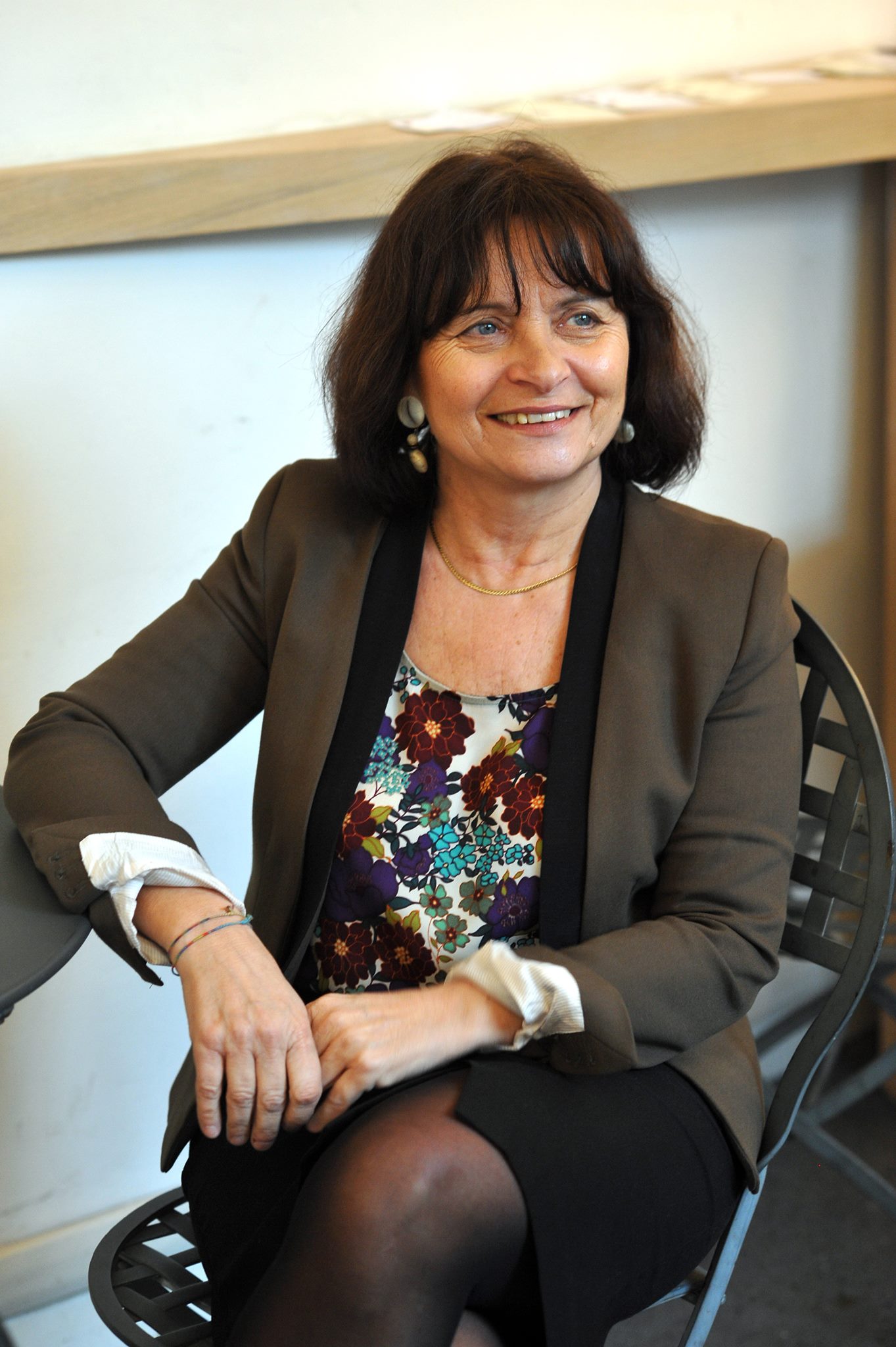The Elaine Stavro Distinguished Visiting Scholar in Theory, Politics & Gender Studies was created to introduce Trent students to leading speakers in humanities and social sciences and significantly build on the University's reputation for interdisciplinary programs. The Visiting Scholar will provide students, faculty and members of the community with exceptional access to eminent scholars and people engaged in theory, politics and gender studies.
Challenges and Transformations of Democracy
Dr. Nadia Urbinati
Professor, Political Theory, Columbia University
 Thursday, November 27, 2025
Thursday, November 27, 2025

- 7:00 p.m. - 8:30 p.m.
 Bagnani Hall, Traill College, Trent University
Bagnani Hall, Traill College, Trent University
Lecture Recording
Lecture Abstract
Not a day goes by without complaints about democracy not working or alarm bells ringing about the risks of authoritarianism. Everyone is quick to assert that democracy is vulnerable, unable to withstand the challenges of technology and globalization, which weaken national societies, narrow the middle class (the backbone of modern democracy), and stress traditional institutions that preside over the formation of opinions. On the other hand, we know that democracies have extraordinary resilience and innovative capacity. Procedures and institutions sometimes push citizens to go beyond the status quo and experiment with new channels of deliberation and decision-making. Democracy has been and still is a fertile ground for innovation. Recognizing its risks and analyzing its challenges is part of the democratic work, which is our responsibility as citizens and scholars.
About Dr. Nadia Urbinati

Dr. Nadia Urbinati is a political theorist who specializes in modern and contemporary political thought and the democratic and anti-democratic traditions. She teaches at Columbia University where she co-chaired the Columbia University Faculty Seminar on Political and Social Thought. She is one of the longest-serving scholars of populism in modern academia. Recent publications include: The Lottocratic Mentality: Defending Democracy Against Lottocracy (2024); Me the People: How Populism Transforms Democracy (2019); The Tyranny of the Moderns (2015); and Democracy Disfigured: Opinion, Truth, and the People (2014).
For more information contact communityspeakerseries@trentu.ca.